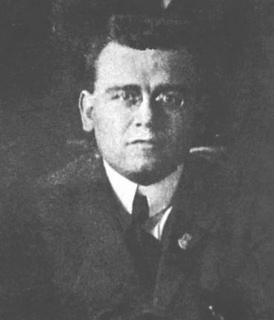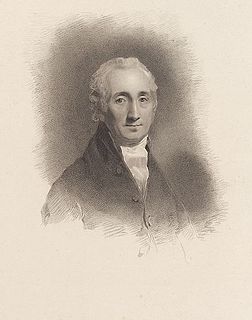A Quote by Dinesh D'Souza
The effect of capitalism is to steer human selfishness so that, through the invisible hand of competition, the energies of the capitalist produce the abundance from which the whole society benefits.
Related Quotes
Under a socialist mode of production all personal incentives which selfishness provides under capitalism are removed, and a premium is put upon laziness and negligence. Whereas in a capitalist society selfishness incites everyone to the utmost diligence, in a socialist society it makes for inertia and laxity.
Marx's own illusion was to think that the working class movement, which he devoted his life to creating and strengthening, would both be socially and politically successful in the industrial nations of Western Europe, and that it would develop an entirely new way of human social life that would retain and even enhance the productive benefits of capitalism while overcoming the inhumanity and exploitation of capitalist social relations. Marx himself had no solutions to these problems. His object of study was capitalism itself.
There are different varieties and forms of capitalism. There are priorities within the capitalist society so that you can have countervailing forces come in and empower your working people and your poor people. There are capitalist societies that do not have poverty. America needs to understand that.
Let's take Adam Smith, the patron-saint of capitalism, what did he think? He thought the main human instinct was sympathy. In fact, take a look at the word "invisible hand." Which, of course, you learned about, or you think you've learned about. Take a look at the actual way in which he used the phrase. There is almost no relation to what is claimed.
Imperialism is capitalism at that stage of development at which the dominance of monopolies and finance capitalism is established; in which the export of capital has acquired pronounced importance; in which the division of the world among the international trusts has begun, in which the division of all territories of the globe among the biggest capitalist powers has been completed.
The average age of the world's great civilizations has been two hundred years. These nations have progressed through the following sequence: from bondage to spiritual faith, from spiritual faith to great courage, from courage to liberty, from liberty to abundance, from abundance to selfishness, from selfishness to complacency from complacency to apathy, from apathy to dependency, from dependency back to bondage.
Karl Marx left it to others to find the way beyond capitalism to a higher form of society. He saw his role as giving them as accurate a theory as he could of how capitalism works, which would also show them the reasons why it needs to be abolished and replaced by a freer and more human form of society.
































